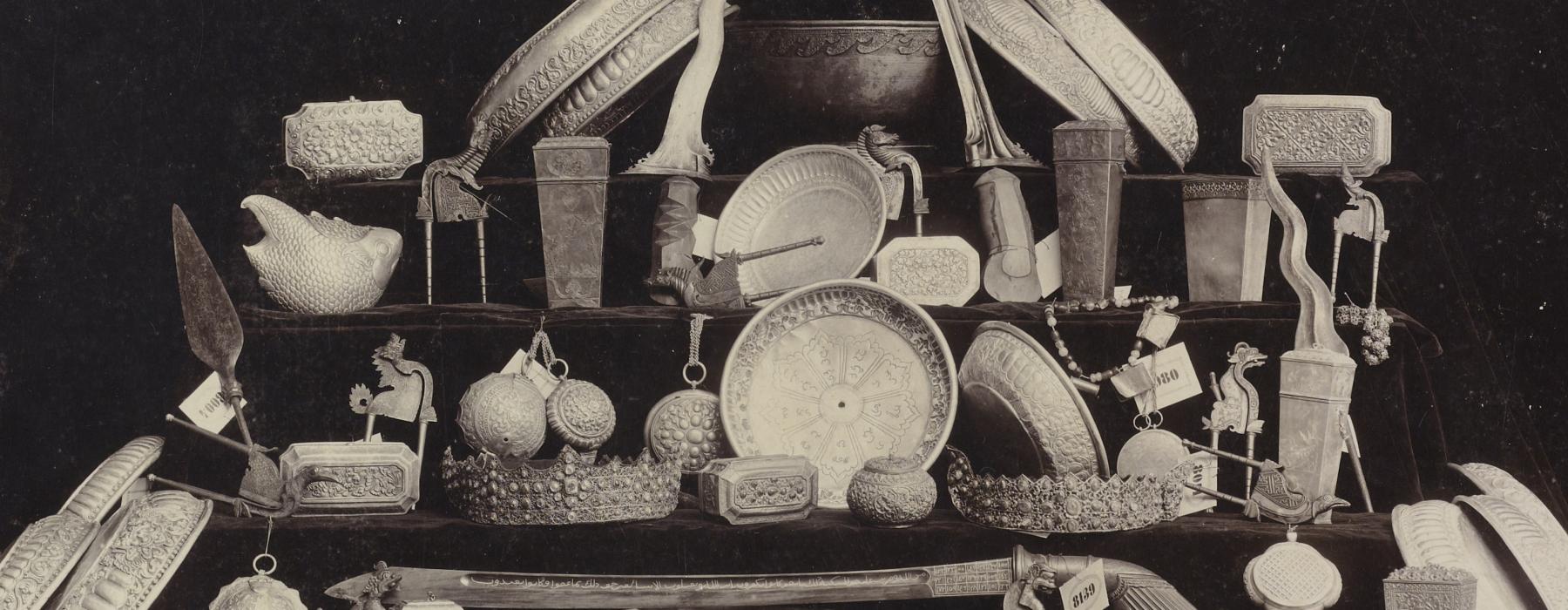
Collecting practices that gave birth to ethnographic collections in Europe may have been multiple and varied, but they all largely emerged under European colonial aspiration, rule and expansion. How then do we reckon with the colonial and its enduring presence not only in material objects, but also as erasures, blockages and oversights? The category of the colonial in museum work perplexes and taxes certain attitudes towards and relationships between law, ethics and responsibility, especially across time. If we cannot ‘judge the past’, then we also cannot ignore the profound impact the past may still effect on the present. How can museums move into the future, caring for a difficult past in such a way that fosters respect rather than victimization, repair rather than continuing rupture, cohabitation rather than exclusion? In short, how can museums develop a sense of moral engagement with the past in the present (Attwood & Foster 2003)?
To begin with, we might need to develop a better practical and conceptual vocabulary for dealing with colonial durabilities, and in particular the ways in which some resist closure. What ethical, moral and philosophical work must museums first do in order to transform colonial presence into a more productive platform for shared responsibility and repair? Is repair even possible? If not, what then is possible? For instance, if a moral engagement between past and present must acknowledge violence, and thus the moral burden of that knowledge (Rose 2004), then does not this moral burden also demand that museums hold the memory of that violence within the public presentation of their histories and collections? Can considered philosophical explorations of concepts such as debt (Ricoeur), blame and injustice (Fricker), responsibility (Levinas) and ignorance (C. Mills) help us to rethink issues of museum ethics and moral responsibility with respect to the colonial past? How might such ethically anchored frameworks open up possibilities of transforming museums into more responsible and reparative institutions, or pressure changes in laws to become better instruments of justice?
- Attwood B and Foster SG (2003) Frontier conflict: the Australian experience. National Museum of Australia Press
- Rose DB (2004) Reports from a wild country: Ethics for decolonisation. UNSW Press.